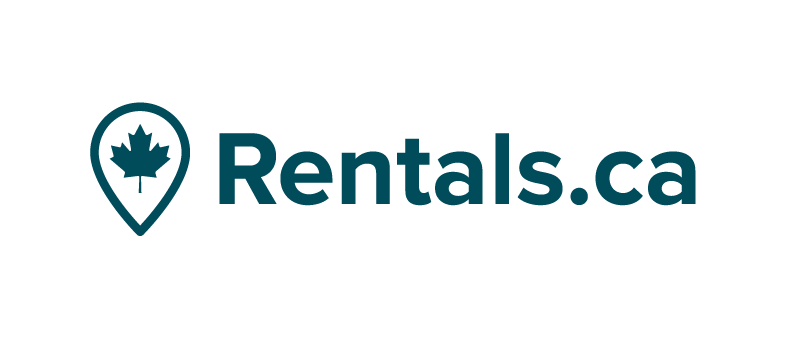Toronto – August 7, 2025 – The average asking rent for all residential property types in Canada fell to $2,121 in July, down $4 from June and $80 from last year, according to the latest National Rent Report from Rentals.ca and Urbanation. The 3.6% annual decline is the largest in 2025 so far, marking the tenth consecutive month of year-over-year rent decreases.
“Canada’s rental market is experiencing a prolonged softening phase, with price declines accelerating across most provinces and unit types,” said David Aizikov, Manager of Data Services at Rentals.ca. “With the seasonal peak now behind us, we expect continued downward pressure on rents heading into the fall.”
Despite the recent slowdown, average asking rents remain 2% higher than two years ago and 11% higher than three years ago. Purpose-built rental apartments, in particular, have shown the most stability, with rents increasing 7% annually and 23% over the past three years to an average of $2,095 — still below the national average and more affordable than condos or houses.
One-bedroom units saw the steepest annual drop in July, decreasing 4.6%, followed by two-bedroom units (-3.5%). Studio rents declined by just 0.6%, and three-bedroom units fell 1.9%. Over a three-year period, studio rents have outpaced all others with a 19.7% increase.
Saskatchewan remained the fastest-growing and most affordable province, with average rents up 4% annually and 32% over three years to just $1,384. Alberta (+27%) and Manitoba (+22%) followed in three-year growth. In contrast, Nova Scotia (-5.0%) and British Columbia (-4.4%) led annual rent declines among provinces, while Ontario fell 3.0% to $2,325.
Among major markets, Vancouver (-7.0%) and Calgary (-7.9%) posted the largest annual rent declines. Toronto rents dropped 4.6% to $2,593, while Montreal slipped 1.6% to $1,971. After holding steady last month, both Ottawa and Edmonton moved into negative territory at -0.9%.
Three-bedroom units continued to show relative strength in several markets, with annual rent increases in Vancouver (+6.4%), Montreal (+2.8%), Ottawa (+1.1%), and Edmonton (+0.9%), driven by a shift toward newer and higher-priced listings.
North Vancouver remained Canada’s most expensive rental market at $3,043. Other high-priced cities in B.C. included Richmond ($2,703) and Coquitlam ($2,689), while Oakville ($2,688) and Markham ($2,510) topped Ontario. On the affordability side, Lloydminster ($1,203), Regina ($1,408), and Quebec City ($1,595) ranked among the lowest.
Kingston led rent growth among mid-sized markets with a 12.3% annual increase, followed by Saskatoon (+9.7%) and Stratford (+9.0%). The steepest annual rent declines were recorded in Surrey (-12.7%), Dartmouth (-12.2%), and Burnaby (-11.5%).
The National Rent Report charts and analyzes monthly, quarterly and annual trends in the rental market at national, provincial, and municipal levels using listings from the Rentals.ca Network. The data is analyzed and the report is prepared by Urbanation, a Toronto-based real estate research firm founded in 1981.
The data includes single-detached homes, semi-detached homes, townhouses, condominium apartments, rental apartments, and basement apartments. Outlier listings and single-room rentals are excluded.
Media Contacts:
Giacomo Ladas – giacomo@rentals.ca
Shaun Hildebrand – shaun@urbanation.ca
